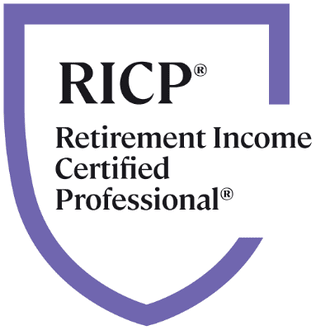
When to Use Target Date Funds as a DIY Investor
Key Takeaways:
1) Smaller accounts perhaps use a target date of funds < 50k.
2) Accounts > 50k perhaps use low-cost index funds in a diversified portfolio.
3) DIYs (do-it-yourself investors) that want to learn about investing it can pay to manage your funds for possible greater returns.
4) For investors who want help with investing, it will pay to work with a financial planner.
Target date funds are a popular option for early career investors to save for retirement in their 401(k) plans. When considering your investment options, many 401(k) plans tend to steer you towards target date funds when first enrolling. With a target date fund, your investment portfolio matches your projected retirement date. This makes saving for retirement relatively simple since the fund is automatically rebalanced, and all you need to do is save money for retirement, and the target date fund will do the rest.
The convenience of a one-fund option comes at a cost, and many of these target-date funds can have high expenses. This is especially the case with actively managed target date funds with higher expense ratios, which tend to be more common in 401(k) plans with expense ratios on average of 0.601. At the same time, passive-managed index funds have lower expense ratios and may not be as common in your 401(k) plan, with expenses of around 0.18.
Research shows that it pays to manage your retirement portfolio rather than use a target date fund.1 The research shows that you can have a 3% greater return when you pick your funds rather than a target date fund over ten years. But, even knowing the research shows that a DIY can do better regarding returns, should you DIY your retirement investments? I will argue that in some cases, it makes sense, but in others, it may make more sense to have someone else help you.
If you like to learn about investing and are interested in managing your money, it will pay off in the long run. But a target date fund would make the most sense if you want a more accessible option and don't want to be involved in the investments. On the other hand, if you want to manage your retirement account, then a target date fund is a good option. Another option is to work with a financial planner to help you design a portfolio and help you rebalance the portfolio. The financial planner can also help with other aspects of your finances. As a result, you can save on investment fees and get better long-run performance.
A final consideration is the size of your investment portfolio. For smaller retirement accounts, say under $50,000, using a target date fund might make sense. If the average expenses ratio for a target date fund is 0.60 at $50,000, this will translate into only $300 per year in expenses. Compare this to a portfolio that has $500,000. This would be $3,000 per year. As your account grows past this mark, it might make sense to move to pick your funds. But as discussed, if you want a more accessible option and don't want to hire someone to guide you, a $3,000 fee might make sense.
Target date funds are commonplace in many 401(k) plans. Overall, target date funds have benefit retirement savings for early career professionals. But as your account grows, it might not make as many expenses with the higher fees. But this can be a small price for some investors who don't want to do it yourself. For investors that can learn more and DIYers, then managing your portfolio of index funds might work better. For other investors that want to learn more about investing or like help to pick retirement investments, contact me on the page below to learn more about DIYing your retirement savings.
1. https://www.wsj.com/articles/investors-target-date-fund-11633130377
*This content is developed from sources believed to be providing accurate information. The information provided is not written or intended as tax or legal advice and may not be relied on to avoid Federal tax penalties. Individuals are encouraged to seek advice from their own tax or legal counsel. Individuals involved in estate planning should work with an estate planning team, including their legal or tax counsel. Neither the information presented nor any opinion expressed constitutes a representation by us of a specific investment or the purchase or sale of any securities. Asset allocation and diversification do not ensure a profit or protect against loss in declining markets.





